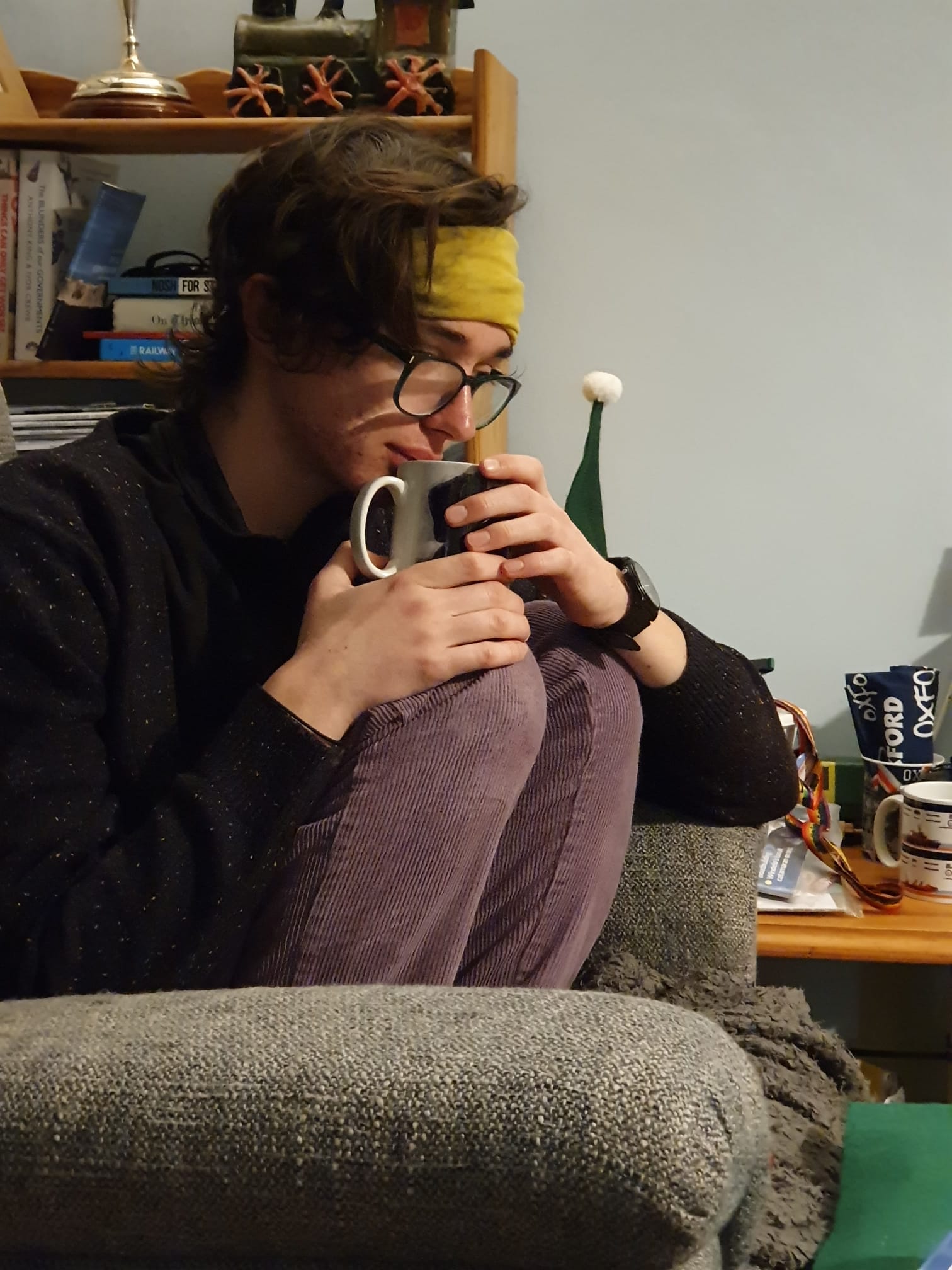People often say things to me such as ‘autism – is that really a disability?’ or ‘maybe you are just different’, and are therefore surprised when I reveal the challenges I live with day-to-day. In regards to sailing, while I am (for the most part) capable of sailing a capsizable hiking dinghy, I often find autism and ADHD provide often invisible challenges on top of what a neurotypical sailor would experience.
To start, there are challenges that directly impact the sailing of my boat. For example, while people off the water may see me as quick-witted with typical reaction times, what people don’t see is for more complex situations, my brain takes longer to process information. In exams, this is why I am given extra time, but it simply isn’t possible to translate this into a sailing context. In a dinghy, this can often result in capsizes as I struggle to think quick enough to adjust both my body weight and the power I’m giving to the sail to keep the boat upright. More dramatically, this can also result in near-misses, penalties or minor collisions, as I struggle to find a way out of a situation until it is too late, compounded by my difficulties in anticipating other people’s moves, as I struggle to understand their thought processes.
Most boat classes are not single-person boats, so I’ve had to get some experience of being with one or more other people in a boat with me. This gives me even more challenges, as I can often fail to understand the words other people are saying. Worse still, if people in my boat shout at me, my anxiety skyrockets, and my performance plummets. My body then goes into a ‘fight, flight or freeze’ mode we call a meltdown (for the first two) or a shutdown (for the latter). This can also be caused by unexpected situations arising, or if I feel a sudden loss of control of events happening around me.
This may sound downbeat, but I love the sport so much, I continue to do it despite these challenges, which I have to overcome. Overcoming can come about from two different directions. The first is to train myself, with the help of others, to cope with these challenges. Facing the facts, even if I had the calmest crew around me I could find, if we’re sailing in high winds, trying to control a spinnaker and avoid other boats, there’s likely to be some amount of shouting going on, and I may struggle to understand others around me. I can also work on my processing speed through improving both my physical agility and my problem-solving skills in time-pressured situations. This is an ongoing process, and likely to be something I won’t stop doing anytime soon, yet it requires support from many people around me to help me understand where and how I can improve. The list of people to thank is long, and ranges from Andrew Cassell Foundation volunteers, to others at Lancaster University Sailing Club, to friends and of course my family.
However, I also am passionate about the other solution, which is one that is long-term and involves widespread understanding of the impact that neurodivergence and disability in general has on sailing. Recently, our sport has began to make steps in moving towards ‘inclusive sailing’, a move which I support, as it includes all disabilities (including neurodivergent conditions) as well as non-disabled people, however this is far more than sailing accessible boats. We need a culture where people are understanding of the impact that our minds and our bodies have on our ability to sail, improve or compete. It is difficult to explain the direct impact of this on what happens when we’re sailing, but from experience across life, the more people understand each other, the more inclusive we become of each other.
I don’t want to see autism as a barrier to any form of achievement. However, it can often feel unjust for the expectation to be that the neurodivergent person to be the one that has to change and adapt, rather than society aiming to create accessibility and inclusion. I don’t expect a world where people like me won’t have to learn about themselves and adapt, because often that is only natural for people, although I do hope to see a day when society makes an active effort to adjust and include, rather than expecting minorities to change for them.


Leave a Reply